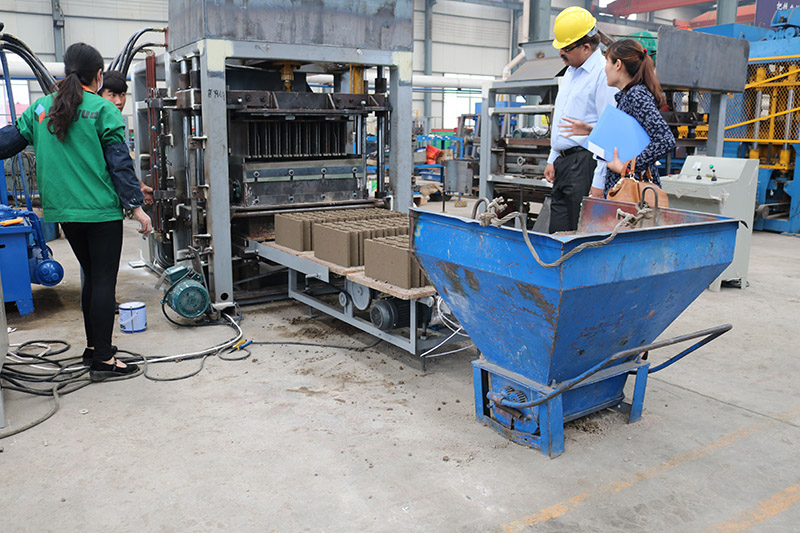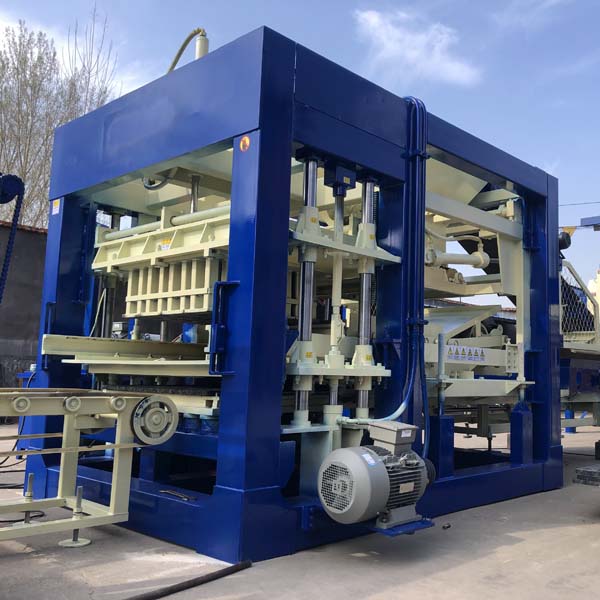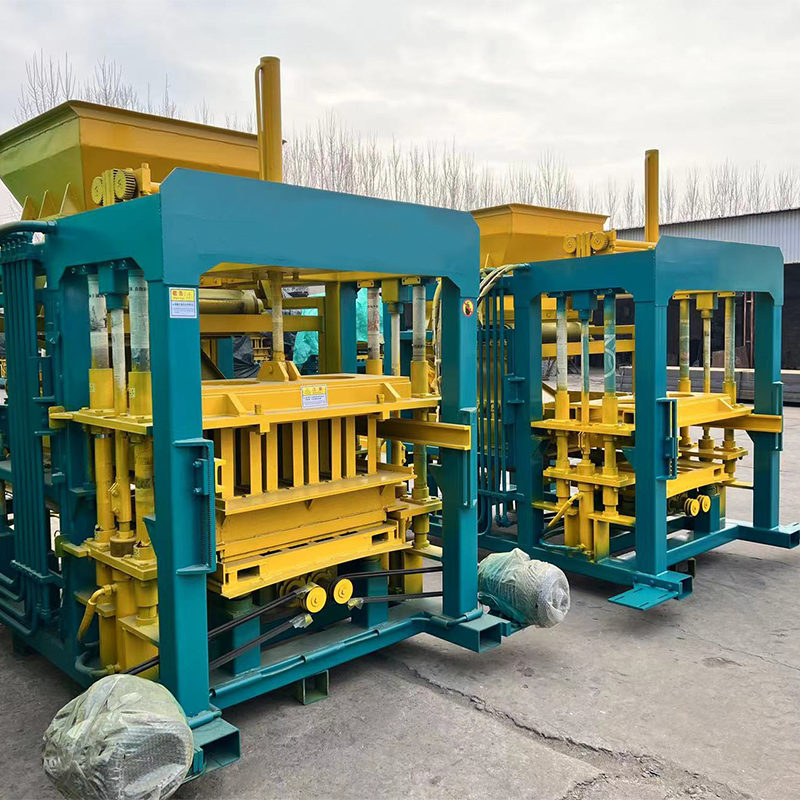Producing bricks efficiently and consistently requires meticulous preparation in a brick-making factory. This article delves into the various aspects of production preparation in a brick-making factory, emphasizing the importance of each step in ensuring the smooth operation of the factory and the production of high-quality bricks.

The first step in production preparation is the procurement of raw materials. The quality of the bricks produced depends heavily on the quality of the raw materials used. Therefore, it is crucial to source raw materials from reliable suppliers who can provide consistent and high-quality materials. The factory must also ensure that the raw materials meet the required specifications, such as particle size, moisture content, and chemical composition.
Once the raw materials are obtained, the next step is the preparation of the mixture. This involves mixing the raw materials in the correct proportions to achieve the desired brick composition. The mixing process must be carefully controlled to ensure that the mixture is uniform and consistent. Any variations in the mixture can lead to inconsistencies in the quality of the bricks produced.
The factory must also prepare the brick-making machines for production. This includes ensuring that the machines are clean and free of any debris or residue from previous production runs. The machines must also be calibrated to ensure that they are operating within the specified parameters. This includes checking the pressure and temperature settings to ensure that they are optimized for the production of high-quality bricks.
In addition to the machines, the factory must also prepare the molds used in the brick-making process. The molds must be clean and free of any defects that could affect the shape or size of the bricks. They must also be properly aligned and secured to ensure that the bricks are formed accurately.
Another important aspect of production preparation is the setting up of the production line. This involves arranging the machines and equipment in the factory in a way that optimizes production efficiency. The machines must be positioned close enough to each other to minimize the transportation of raw materials and finished products, but far enough apart to allow for easy access and maintenance.
The factory must also establish a system for monitoring and controlling the production process. This includes setting up sensors and gauges to monitor key parameters such as temperature, pressure, and humidity. The factory must also establish a system for collecting and analyzing data from the production process to identify any issues or inefficiencies that need to be addressed.
Safety is also a crucial aspect of production preparation. The factory must ensure that all safety measures are in place to protect workers from potential hazards. This includes providing proper training and equipment to workers, establishing safety protocols, and conducting regular safety inspections.
Finally, the factory must prepare for any potential disruptions or delays in the production process. This involves having contingency plans in place to address issues such as equipment breakdowns, raw material shortages, or power outages. The factory must also have a system for communicating with suppliers and customers to keep them updated on any changes in production schedules.

In conclusion, production preparation in a brick-making factory is a multifaceted process that involves careful planning and execution. By paying attention to every detail and ensuring that all aspects of production are properly prepared, the factory can ensure the smooth operation of the production line and the production of high-quality bricks. This not only enhances the efficiency and profitability of the factory but also contributes to the overall success of the business.

